The English episode of Memory Cultures in Dialogue podcast is out

 How and why does wartime violence against civilians occur in the communities that have lived together in peace for a long time? Why does this happen in some local-level communities and not in others? How does memory of the past waves of violence matter in this context? In our first episode in English, we are discussing these questions on the examples of armed conflicts in Croatia, Uganda and Guatemala. Our guest is Mila Dragojević, Associate Professor in Politics at the University of South, Sewanee and the author of Amoral Communities: Collective Crimes in Time of War.
How and why does wartime violence against civilians occur in the communities that have lived together in peace for a long time? Why does this happen in some local-level communities and not in others? How does memory of the past waves of violence matter in this context? In our first episode in English, we are discussing these questions on the examples of armed conflicts in Croatia, Uganda and Guatemala. Our guest is Mila Dragojević, Associate Professor in Politics at the University of South, Sewanee and the author of Amoral Communities: Collective Crimes in Time of War.






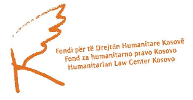

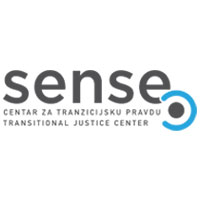
 The
The 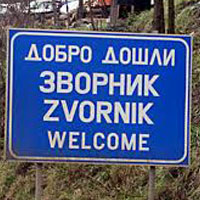
 On April 22, 2020, the Humanitarian Law Center (HLC) filed a criminal complaint with the Office of the War Crimes Prosecutor (OWCP) against several unidentified persons, for the murder of Himzo Fazlić in Zvornik in May 1992.
On April 22, 2020, the Humanitarian Law Center (HLC) filed a criminal complaint with the Office of the War Crimes Prosecutor (OWCP) against several unidentified persons, for the murder of Himzo Fazlić in Zvornik in May 1992. 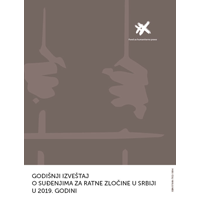
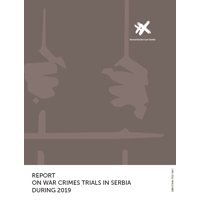 On the following
On the following 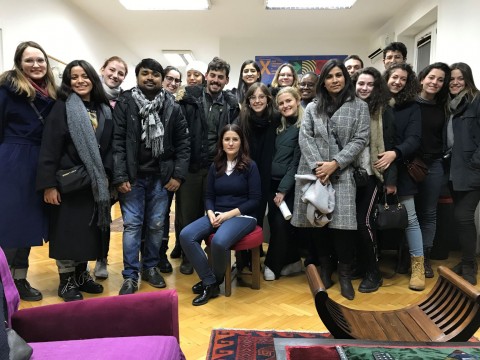
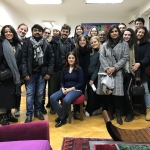


 On Monday, 23 December 2019, the Humanitarian Law Center (HLC) presented its fifth
On Monday, 23 December 2019, the Humanitarian Law Center (HLC) presented its fifth